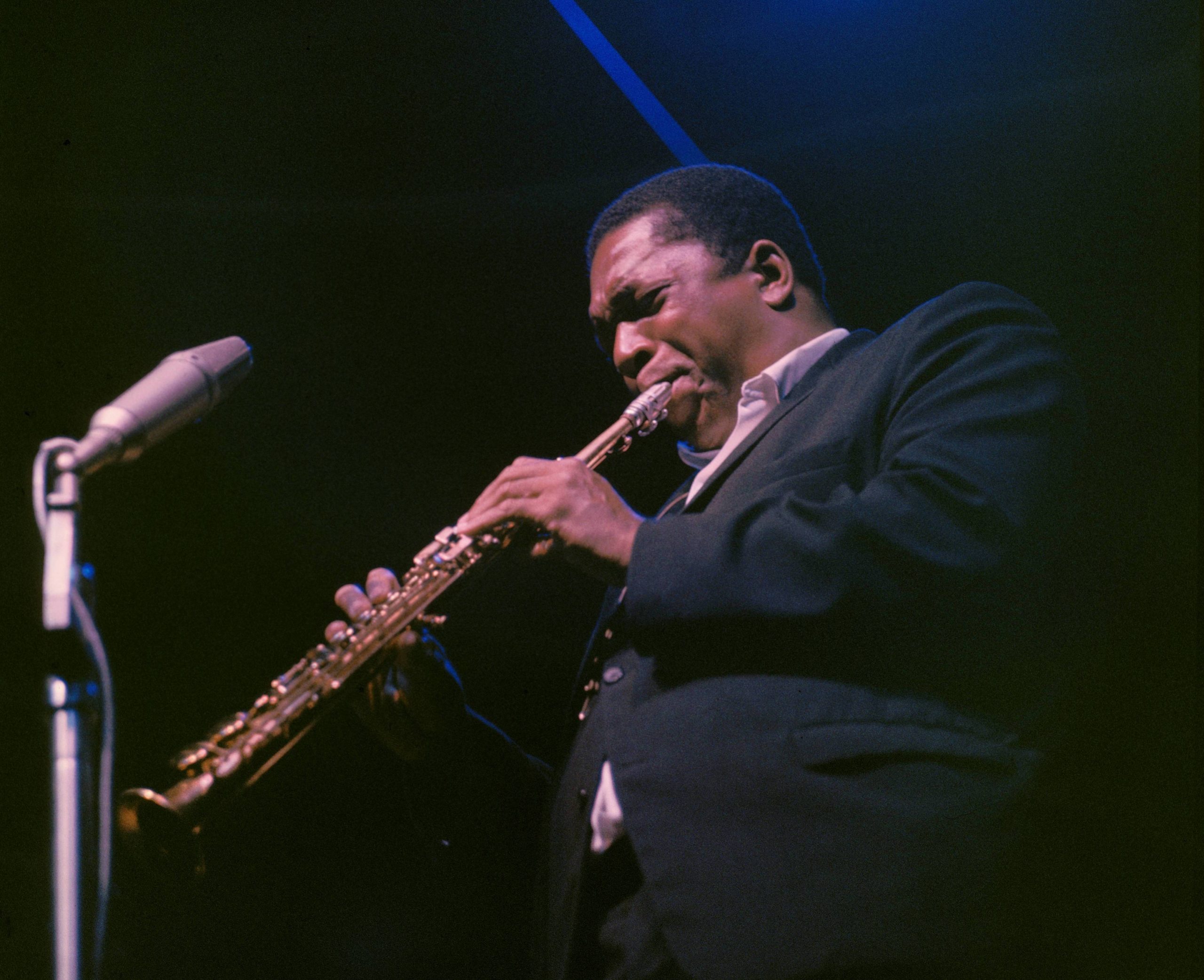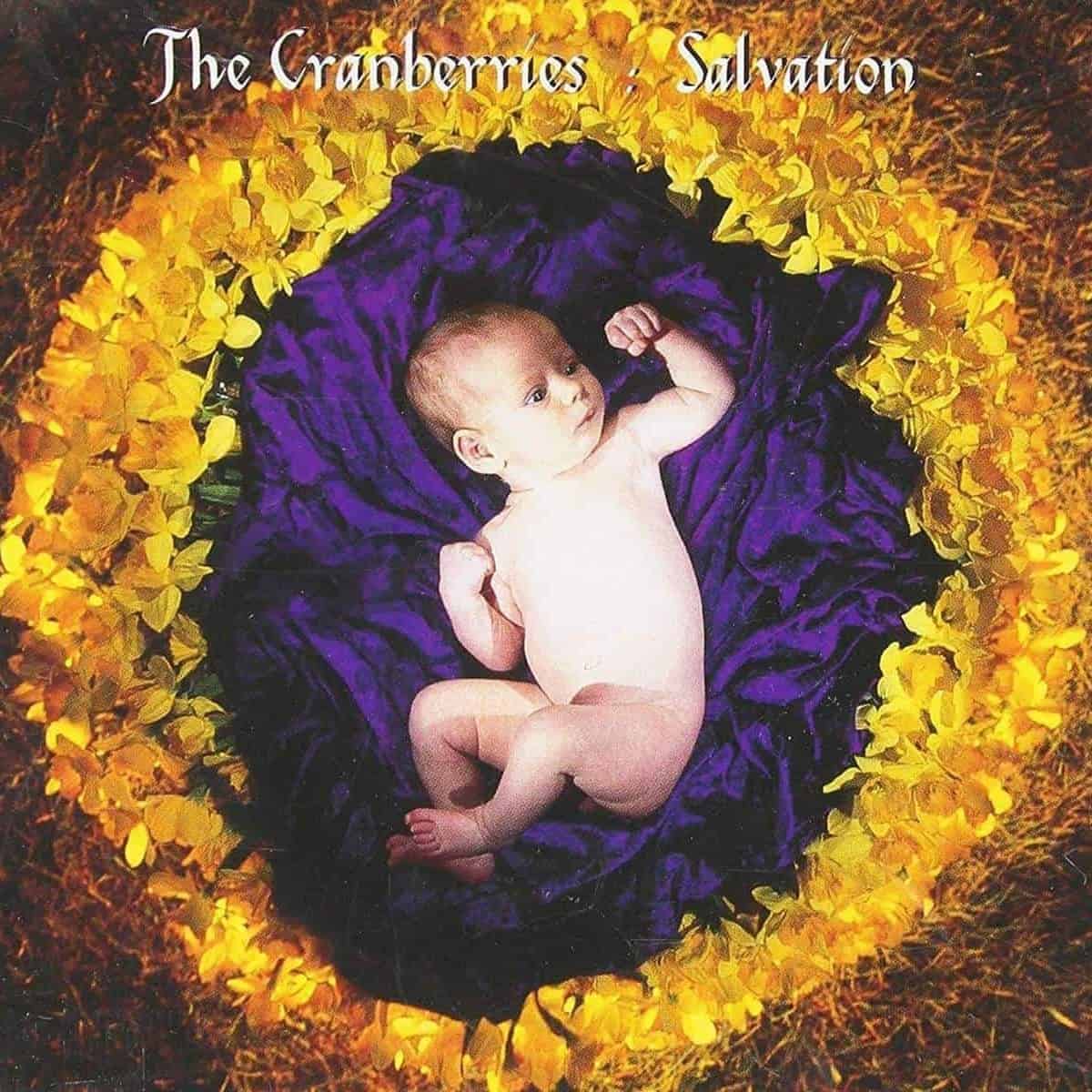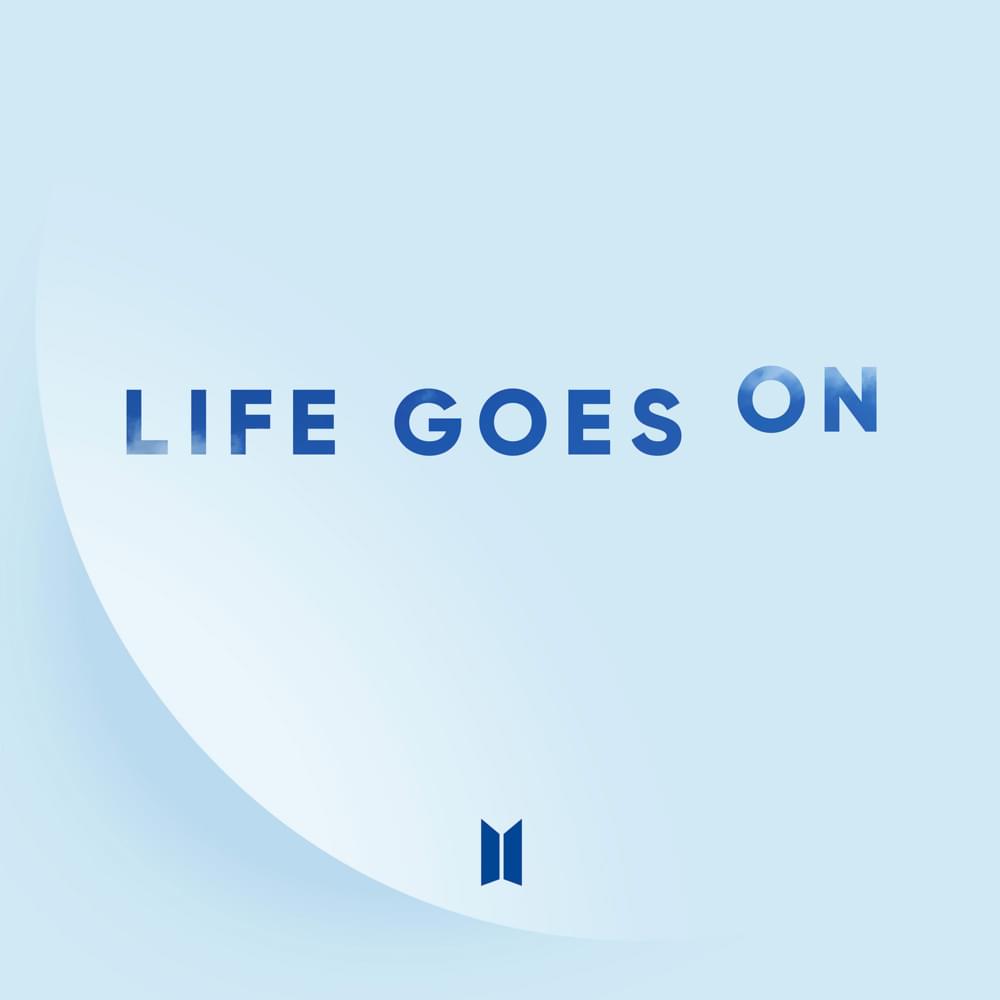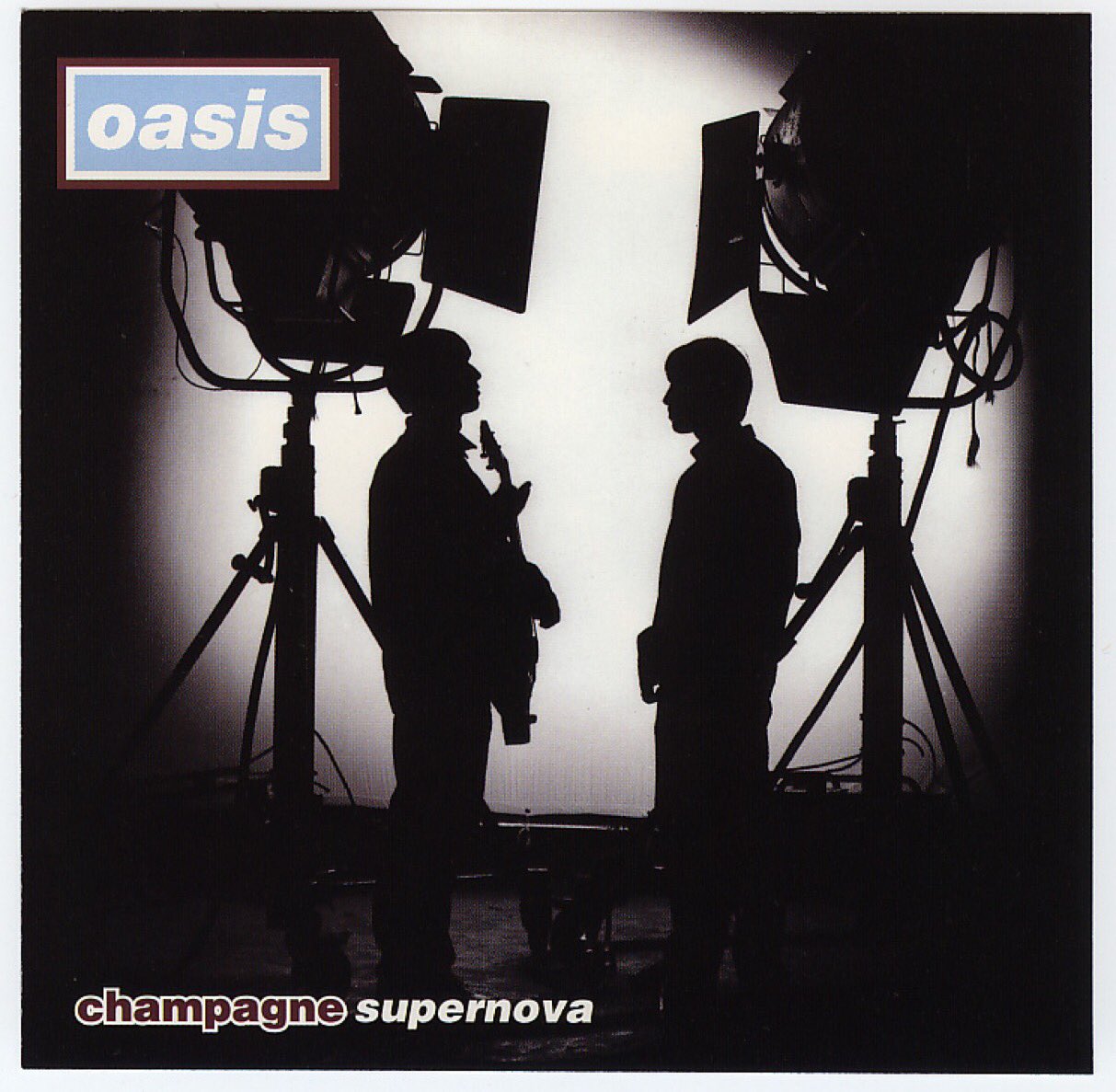I had been planning to attend the Vision Festival, which had an absolutely amazing lineup this year, in Brooklyn last month, but had to abandon that idea when I was invited to fly to Bergen, Norway for Nutshell and Nattjazz. Nutshell is an annual jazz showcase for arts promoters and a few journalists, put on by the Norwegian government. (Can you fucking imagine? A government that cares about culture and the arts?) Nattjazz is a small jazz festival, with multiple acts on three stages per night; the two overlap slightly, so I caught the first two nights of the festival before I had to fly home.
First things first: Norway is one of the most beautiful countries I've ever visited. The whole place looks like it was carved, house by house, out of a single never-ending forest. I found myself on hour-long train rides through lush green woods, cruising past lakes and rivers I wanted to dive into and swim around in forever. It's got some seriously steep hills -- I think I got more physical exercise in a week than I'd gotten in the previous six months -- but it was literally breathtaking just to stand still and look around.
The musical performances were fantastic, too. Among the highlights were seeing pianist Dag Arnesen's trio play at the Edvard Grieg Museum, beside a gigantic picture window that allowed listeners to look out at a massive tree-lined lake; a solo set by drummer and percussionist Erland Dahlen, performed inside a church built in 1295; a set by Bounce Alarm, a hard-boppish sextet of college students, in a wooden hall built in 1277; a backyard garden party with music by the loud and rockin' Rune Your Day, whose self-titled 2017 album is out now on Clean Feed; a show in Bergen's art museum by saxophonist André Roligheten's folk-jazz quartet, who also have a Clean Feed album, Homegrown (Roligheten is also in Rune Your Day, and drummer Gard Nilssen's Acoustic Unity, whose triple live album I reviewed here last year; and, inside an old bank that had been converted into a fancy hotel, performances by saxophonist Hanna Paulsberg's band, recently expanded from a quartet to a quintet with the addition of trumpeter Magnus Broo of Atomic, and pianist Håvard Wiik's trio, whose music reminded me of Matthew Shipp's.
Those were all held during the day; at night, I went to Nattjazz, a traditional, open-to-the-public jazz festival. It was a small event, held in an arts facility with three rooms, none of them bigger than a medium-sized nightclub and one closer to living-room size. That was where I saw a great performance by Hearth, a quartet featuring piano, trumpet, and two saxophones. Their music was extremely abstract and often very quiet, more about softly puffing air through the instruments, or gently stroking the piano's strings, rather than striking or blowing actual notes, but the intensity and focus they brought to it, and the feeling of eavesdropping on a four-way conversation, made it fascinating. They haven't made an album yet, but the sooner, the better, as far as I'm concerned.
Next week, on June 29, a collection of previously unreleased John Coltrane material is being issued. It's called Both Directions At Once: The Lost Album, and it's available in two versions: a seven-track album, and a 14-track, two-disc deluxe edition. The single-disc version includes versions of "Vilia," "Impressions," "One Up, One Down," and "Nature Boy," plus a track simply called "Slow Blues" and two that don't have titles at all; they're just referred to by their master numbers, "11383" and "11386." All this material was recorded in early March 1963, the day before the John Coltrane And Johnny Hartman album was tracked. Another version of "Vilia" from this session was originally released as a bonus track on the CD edition of Live At Birdland. "Impressions" and "One Up, One Down" were tunes Coltrane played live, but never put on a studio album during his lifetime.
The great thing about this material is that it's all somewhat lighthearted, by Coltrane standards. It doesn't have the soul-squeezing intensity of albums like Crescent or A Love Supreme -- everyone sounds like they're having fun. But, of course, that doesn't mean they're just fucking around; this was obviously meant to be an album, it just got lost in the shuffle. (The very next day, the band recorded John Coltrane And Johnny Hartman, which turned out to be one of their most successful releases at the time.)
Stream "Untitled Original 11383":
And now, here are the best new jazz albums of the month!
Archival Find Of The Month: Grant Green, Funk In France: From Paris To Antibes (1969-1970) (Resonance)
The awesome Resonance label, whose albums pop up in this space often, has released two new discs by guitarist Grant Green, recorded toward the end of his life. The better of the two is Funk In France: From Paris To Antibes (1969-1970), a two-CD set that includes some radio recordings from October 1969 and live tracks from the Antibes Jazz Festival in June 1970. He was accompanied on the radio session by bassist Larry Ridley and drummer Don Lamond. This period represented a comeback for Green; he'd been off the scene since 1966, plagued by heroin addiction. The studio set includes versions of two Sonny Rollins tunes, "Oleo" and "Sonnymoon For Two," the Antonio Carlos Jobim song "How Insensitive (Insensatez)," an untitled blues, and the standard "I Wish You Love," on which the trio is joined by second guitarist Barney Kessel, but it's the opener that both surprises the listener and sets the tone for what's to come. The band kicks things off with a stinging, needle-sharp version of James Brown's "I Don't Want Nobody To Give Me Nothing (Open Up The Door, I'll Get It Myself)" that allows Green to cut loose with the biting single-note lines that made him one of the most instantly recognizable guitarists in jazz. It's absolutely impossible not to nod your head when this trio gets rolling.
Stream "I Don't Want Nobody To Give Me Nothing (Open Up The Door, I'll Get It Myself)":
Kamasi Washington, Heaven And Earth (Young Turks)
Hopefully, you've already read my Premature Evaluation of Heaven And Earth, which is an incredible two-hour journey, not so much a leap forward for Washington and his crew as an emphatic statement that they're not going anywhere. "Fists Of Fury," which opens the album, displays the wit and charm the saxophonist frequently exhibits onstage and in interviews: it's a cover of the theme song to the 1972 Bruce Lee movie of the same name, with a Blaxploitation edge to its shuffling, strutting double-drummer groove and string stabs that wouldn't be out of place on a Rick Ross or Ghostface Killah album. The preaching guest vocal from Dwight Trible, echoed by the band's usual singer, Patrice Quinn, gives the piece an incantatory, hyped-up energy that's bolstered by the soaring solos from Washington and pianist Cameron Graves.
Stream "Fists Of Fury":
R+R=NOW, Collagically Speaking (Blue Note)
R+R=NOW is a supergroup of sorts formed by keyboardist Robert Glasper; it includes Christian Scott aTunde Adjuah on trumpet, Terrace Martin on synth and vocoder, Taylor McFerrin on synth and beatbox, Derrick Hodge on bass, and Justin Tyson on drums. If you're keeping count, that's three keyboardists, so yeah, there's a lot of oozing jazz-funk atmosphere on this album. The music, particularly on "Resting Warrior," the longest track, is frequently reminiscent of Herbie Hancock's mid-'70s material, both in its technological fetishism and in its spacy, exploratory vibe. The keyboards hum, zap, and swirl, and Scott's trumpet is electronically warped, but Hodge and Tyson make an unexpectedly powerful rhythm team, locking in together and digging their feet into the dirt. Tyson's drum solo is a thunderous display of controlled demolition.
Stream "Resting Warrior":
JD Allen, LoveStone (Savant)
Saxophonist JD Allen continues to work with his longtime rhythm section of bassist Gregg August and drummer Rudy Royston; this is their eighth album together, their second with guitarist Liberty Ellman added to the ensemble. But where last year's Radio Flyer was a free-form exercise in getting to know each other, LoveStone is a collection of ballads on which everyone is subdued and respectful of the material, and of the fact that these are songs. "Put On A Happy Face" has a simple, almost mantra-like melody, and the way these guys slow it down allows Allen, whose voice on the tenor is as big as that of John Coltrane, Sonny Rollins, or Dexter Gordon, to sing it, eventually leaping into a solo that's pure 1950s blues. Ellman shadows him quietly at first, then takes a soft-spoken solo of his own, adding just enough reverb to give the whole thing the glow of an early autumn sunset.
Stream "Put On A Happy Face":
Tia Fuller, Diamond Cut (Mack Avenue)
Saxophonist Tia Fuller is a professor at Berklee and a member of Beyoncé's touring band. She's made several albums as a leader, but this is her first in six years. Guitarist Adam Rogers, organist Sam Yahel, and two (and a half) different rhythm sections join her on the record. For about half the tracks, she's backed by Dave Holland and Jack DeJohnette, and on the other half, she's got James Genus and Bill Stewart behind her. On two tracks, Terri Lyne Carrington, who produced Diamond Cut, sits in on drums. "Crowns Of Grey," a piece she wrote in tribute to her parents, features Genus and Stewart. It's a bluesy ballad that allows Fuller to open up, but she's not an over-the-top player; she maintains superb control of the horn at all times, like she's enunciating a lyric with just a few murmured asides at the end of phrases.
Stream "Crowns Of Grey":
Shamie Royston, Beautiful Liar (Sunnyside)
Pianist Shamie Royston is Tia Fuller's sister, and drummer Rudy Royston's wife. This is her second album as a leader, and her first for Sunnyside, following 2012's Portraits. The band features trumpeter Josh Evans, saxophonist Jaleel Shaw, bassist Yasushi Nakamura, and her husband on drums, though the horns aren't present on every track. The music is tough, swinging hard bop, with the occasional lush ballad. Her piano playing is fantastic -- she's got superb rhythm, and a rippling melodic flair that reminds me of McCoy Tyner a little, though she's willing to drag the music sideways when necessary. Her solo on "Dissimulate" is a perfect encapsulation of her style in all its facets; sometimes the notes flow from her fingers like a waterfall, but then she'll suddenly seem to grip the keyboard and yank the music across bar lines like she's readjusting the whole framework to get somewhere else entirely, but the rhythm section is with her all the while.
Stream "Dissimulate":
Idris Ackamoor And The Pyramids, An Angel Fell (Strut)
Saxophonist Idris Ackamoor (who doubles on keytar) formed the Pyramids at Ohio's Antioch College in 1972, after studying with Cecil Taylor, who was a visiting professor there in the early '70s. They made several hard-to-find independent albums, then disbanded, only to reform in 2012. An Angel Fell is their third album since their re-emergence, and it combines multiple styles into a semi-cohesive, if slightly shambling whole. They've got dub rhythms, a front line that pairs Ackamoor's saxophone with Sandra Poindexter's violin, and chanted cosmic lyrics that fall between the Sun Ra Arkestra and some long-lost self-released album by a hippie cult. The looseness of the arrangements and the swaying rhythm give a track like "Land Of Ra" its impact; it feels like you're being inducted into something, but you stand willingly before the altar.
Stream "Land Of Ra":
Binker And Moses, Alive In The East? (Gearbox)
Last year, saxophonist Binker Golding and drummer Moses Boyd released a fantastic double CD, Journey To The Mountain Of Forever. It paired one disc of duo work with a second disc by an expanded ensemble that included, among others, avant-garde sax legend Evan Parker. This live follow-up features almost the same band as Journey…: Golding, Boyd, Parker, trumpeter Byron Wallen, harpist Tori Handsley, and second drummer Yussef Dayes. "Children Of The Ultra Blacks," a sequel to "The Valleys Of The Ultra Blacks" from Journey…, is a hard-punching workout with fierce trumpet and saxophone solos, as well as some hoarse, aggressive debate between Golding and Parker, over positively thunderous double drumming worthy of the Melvins. Handsley's harp might be the biggest surprise, though; far from a pastoral ripple of sound, she clangs and jangles like she's yanking the strings loose with pliers. This is a ferocious record, clearly meant to be played at high volume.
Stream "Children Of The Ultra Blacks":
Stanley Clarke Band, The Message (Mack Avenue)
Bass legend Stanley Clarke has surrounded himself with a young band in recent years: pianist Beka Gochiashvili, Cameron Graves (of Kamasi Washington's circle) on synths, and Mike Mitchell on drums. On this new album, a few guests appear as well, most notably rapper Doug E. Fresh, who contributes vocal sounds to the opening and closing tracks, but it's the core band doing the heavy lifting. "Alternative Facts" is a fast, swinging jazz trio number, with Clarke's booming electric bass filling every inch of space between the piano and the drums. Mitchell's kit is mixed tight and dry, every hit striking like a nail from a gun and the toms sounding like plastic boxes. Gochiashvili is an extremely high-energy and baroque player, reminiscent of Chick Corea, with whom Clarke played in Return To Forever, and a few electronic touches warp the sounds slightly.
Stream "Alternative Facts":
Angelika Niescier, The Berlin Concert (Intakt)
Saxophonist Angelika Niescier was awarded the Albert Mangelsdorff Prize at the 2017 Berlin Jazzfest. That's where this performance was recorded. She was backed by bassist Chris Tordini and drummer Tyshawn Sorey, both of whom had played with her before (and who play together in Sorey's own trio). "Kundry" opened the set, and it's the jazz equivalent of firing a pistol to start a horse race and accidentally triggering an avalanche. Niescier is an amped-up, fast-on-her-feet player whose voice on the horn is somewhere in the realm of Peter Brötzmann, without the extended screams. Her lines pack a lot of notes into short, panting phrases with a rough, metallic tone -- at times it's hard to tell whether she's playing tenor or soprano, because the frequencies she unleashes are in a weird intermediate range that make whatever horn she's blowing through sound like it's about to split at the seams. Tordini and Sorey keep up with her, the drummer absolutely punishing his kit; his own music may be more abstract than this kind of sustained free-jazz explosion, but he can kick a lot of ass when ass-kicking is what's called for.
Stream "Kundry":
Thumbscrew, Ours and Theirs (Cuneiform)
Thumbscrew is a collective trio featuring Mary Halvorson on guitar, Michael Formanek on bass, and Tomas Fujiwara on drums. They've chosen to release their third and fourth albums simultaneously, and while Ours is a collection of nine original compositions, three by each member, Theirs is all cover songs -- some standards, some South American songs, and a few lesser-known jazz tunes by Stanley Cowell, Herbie Nichols, and Wayne Shorter. "Thumbprint," a Halvorson composition, is built around a gently bouncing, emphatically plucked guitar melody that occasionally slides out of tune (one of her favorite tricks), with Formanek thumping the bass's strings forcefully and Fujiwara is a subtle but unmissable presence. "House Party Starting," a Herbie Nichols piece from 1956, is an emphatic blues jam that gives the bassist plenty of room to roam, while the drummer keeps the rhythm locked down and the guitarist spins out long, cyclical lines that feel almost hypnotic.
Stream "Thumbprint":
Stream "House Party Starting":
Espen Eriksen Trio With Andy Sheppard, Perfectly Unhappy (Rune Grammofon)
Pianist Espen Eriksen's trio with bassist Lars Tormod Jenset and drummer Andreas Bye has made three albums since 2010. On this fourth release, they've brought in British saxophonist Andy Sheppard as a guest. The group's album titles -- You Had Me At Goodbye, Never Ending January, What Took You So Long -- reflect their music very well. The pieces are melodic in a fairly straightforward, early '70s singer-songwriter sort of way, but suffused with a kind of moroseness that's almost stereotypically Nordic; the solos are fairly minimal extrapolations of those melodies. It's almost ambient jazz, and Sheppard's contributions have a similar feel. His tone is as smooth as Grover Washington, Jr.'s, and when he relaxes into a ballad, you could easily imagine it playing over the closing credits of a 1970s sitcom. Jenset and Bye give "1974" more rhythmic drive than you might expect; the song isn't a total cloud of steam, though Sheppard is practically whispering through the horn and Eriksen's chords are subdued and meditative. But one-third of the way through the piece, bass and sax vanish and it's just piano and drums, and for a moment, the mood becomes stark and forbidding, as though a dark cloud has suddenly crossed the sun and dimmed the light in the room where you're listening. It only lasts about thirty seconds, but it's a startlingly powerful effect.
Stream "1974":
Matt Penman, Good Question (Sunnyside)
Bassist Matt Penman gets around; most notably, he's got a long relationship with pianist Aaron Parks that goes back to Parks' one album for Blue Note, 2008's Invisible Cinema. They're also in the collective James Farm together, with saxophonist Joshua Redman and drummer Eric Harland. Parks is on this album, alongside saxophonist Mark Turner, drummer Obed Calvaire, and guitarist Nir Felder. The piano is the first thing you hear on "Big Tent, Little Tent," picking out a few soft chords before the rhythm section comes in. Turner makes a typically mellow entrance, slowly working his way up to announcing his presence in a sort of Zen-blues way. Felder takes a long time to join the tune -- it's almost like he didn't want to run the risk of stepping on Turner's solo, which is long, so he doesn't play a note until the saxophonist is done. When he does, it's worth the wait, an almost Grant Green-like blues-funk eruption.
Stream "Big Tent, Little Tent":
Chip Wickham, Shamal Wind (Lovemonk)
Chip Wickham is a flutist and saxophonist originally from Manchester, England, though he seems to spend a lot of time in Spain and in the Middle East. He's been around for over 25 years playing in various bands, but Shamal Wind is only his second album under his own name, after 2017's La Sombra. The band includes Ton Risco on vibes, Phil Wilkinson on piano, David Salvador on bass, Antonio Pax on drums, and David el Indio on percussion. Salvador and Pax also played on La Sombra, and they have a great musical bond, locking in tight on swinging modal grooves and high-energy Latin rhythms alike. Wickham claims Yusef Lateef as a major influence, and it's not hard to hear, both in his passionate flute playing and the way his music blends jazz and rhythms from around the planet. On "Barrio 71," he puts down the flute and hefts a baritone sax as the band rockets into the stratosphere. Risco's vibraphone gives the music a space-age shimmer as Salvador's bass gets literally booming; Wilkinson's piano solo is almost McCoy Tyner-esque in its power and fury.
Stream "Barrio 71":
Ryan Meagher, Lost Days (Fresh Sound New Talent)
This album's been out since February, but Fresh Sound New Talent does basically nothing to promote their releases in the US, and it deserves your attention. Guitarist Meagher assembled a great band, including saxophonist Bill McHenry, George Colligan on piano and various keyboards, Chris Higgins on bass and Mark Ferber on drums. The tracks run the gamut from Brazilian tunes to straightahead hard bop and blues to complex fusion jams to surf-rock (seriously; the album opener, "Bayou Brasiliera," shows up again at the end as "Bayou Brasiliera – Surf Reprise"). The title track is one of the more adventurous. It begins with a gentle acoustic guitar figure, shadowed by piano. When Meagher begins to solo, Colligan switches to Fender Rhodes and Ferber begins to seriously drive up the rhythmic intensity. Later in the track, Meagher overdubs some Irish bouzouki, which gives the music a weird rippling twang that pairs nicely with McHenry's keening saxophone.
Stream "Lost Days":
Shawn Maxwell's New Tomorrow, Music In My Mind (OA2)
Chicago-based alto saxophonist Shawn Maxwell, who also plays clarinet and flute, has assembled a strong band on this, his second album under the New Tomorrow name. He's joined by three different trumpeters, depending on the track: Victor Garcia, Chad McCullough, and Corey Wilkes; Matt Nelson on piano and Fender Rhodes; Junius Paul on bass; and Phil Beale on drums. Other folks pop up on a track or two, including vocalist Dee Alexander. On "Maxwell's House," she croons wordlessly as part of the band, perfectly shadowing the horns on the complex, winding melody. Nelson, Paul and Beale lock in a strutting, head-nodding funk groove, and Nelson and Maxwell take solos that wouldn't be out of place on a James Brown studio jam from 1970.
Stream "Maxwell's House":






